Imagine this: you just worked all day, cooked dinner, cleaned up, did laundry, you then finally have some time to take a shower, and it’s getting late...What’s the last thing you want to do right now?
If “dry my hair” was your answer, because you’re simply too tired, then you’re not alone.
Over the years, there have been common reasons as to why you shouldn’t go to sleep with wet hair. This brings up the common debate of whether it’s safe or not. Let’s take a closer look at what really happens when you sleep with wet hair.
Will I Catch a Cold?
The number one question. Contrary to what your mother told you growing up, no, you won’t catch a cold. Colds result from coming into contact with a strain of viruses. We catch colds from a virus, not from being physically cold. That being said, here is what sleeping with wet hair will actually do.
Your Hair May Look a Little Crazy in the Morning
Let’s face it, air drying your hair is not preferable for everyone. It’s always a hit or a miss of what the end result will be. Some people prefer a little heat to boost their hair styling the way they want. When sleeping with wet hair, there’s a strong possibility of waking up to frizz, friction and tangles, especially if you toss and turn in your sleep. Keep in mind that wherever your head touches the pillow may cause uneven drying and flattened looser curl patterns. Once the sun comes up, one side may be wetter or curlier than the other.

Constant Sleeping With Wet Hair Can Lead to Breakage
Something to keep in mind is that your hair is at its weakest state when it’s wet. Wet hair swells, causing the cuticle (exterior) to open up, which leaves strands stretchy, brittle, and prone to breakage. In that sense, it takes less force to break the hair when it’s wet versus dry. Tendencies such as sleeping on top of your hair, moving around in your sleep, and making it a habit to sleep with wet hair will contribute to damage over time.
You’re More Likely to Get a Fungal Infection
If you deal with dandruff on the regular, it’s strongly suggested to not sleep with wet hair. Dandruff is triggered by an overabundance of a yeast-like fungus (Malassezia) that is always present on your scalp. Like most microorganisms, fungus and bacteria thrive in warm, damp environments and can cause a variety of scalp issues like dandruff and folliculitis. How’s that for motivation to start drying your hair before sleep time?

However, if you are still certain to sleep with wet hair, here’s what you should do...
Use a Leave-In
Give your strands a dose of leave-in hydration. This helps to lock-in moisture, enhance your natural texture, and smooth frizz and flyaways.
Towel Dry
Use a microfiber towel or cotton t-shirt after your shower to soak up the extra water. The specialized material in the towel is gentle on your hair and cuts down on (air & blow) drying time.
Air Dry First
This allows your hair to eliminate excess moisture before you snooze. Hair should not be soaking through your pillow, but instead should be only lightly damp.
Shower Earlier
Yes, it sounds easier said than done. Instead of waiting until night time when you’re already tired, try washing your hair in the morning. Two birds, one stone. You get your shower out of the way earlier, therefore your hair will be 100% dry by the time you go to sleep.
Mix it Up
To help avoid as much damage as possible, don’t go to bed with wet hair every single night. Change it up by blow drying one night, plopping another, and giving yourself enough time to air dry the next.
Quick Shot
If you have the time, lightly go over your hair with a blow dryer on a low to medium setting to quickly remove moisture. Just 5 to 10 minutes will make a huge difference.
Protective Styling
Instead of a tight topknot, wear a loose bun or braid to minimize tension and friction. As a plus, wake up to beautiful, wavy texture with little to no effort.
Sleep With Silk
Try silk scrunchies for a gentle and comfortable option that you can use to protect your hair and help keep it damage free. Even consider sleeping on a silk pillowcase, which is less drying and minimizes friction on the hair.
Wash Your Bedding Regularly
This probably comes as no surprise, but it's a good habit to wash your sheets and pillowcases at least once a week. Doing so helps you minimize contact with pesky microorganisms that can lead to hair and skin conditions.

Since every hair texture is different, you have to decide whether or not to sleep with wet hair. Some may find it gives their hair a lovely texture or saves them precious time. It’s important to keep in mind the state of your hair and scalp and how they react when you sleep with wet hair. Keep in mind, genetics, frequency of heat styling, color treating, and the overall condition of your hair are factors of whether or not your hair is resilient enough. So, if you notice breakage or scalp discomfort, then sleeping with wet hair may not be for you.

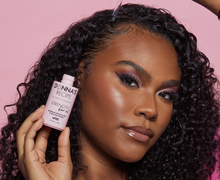
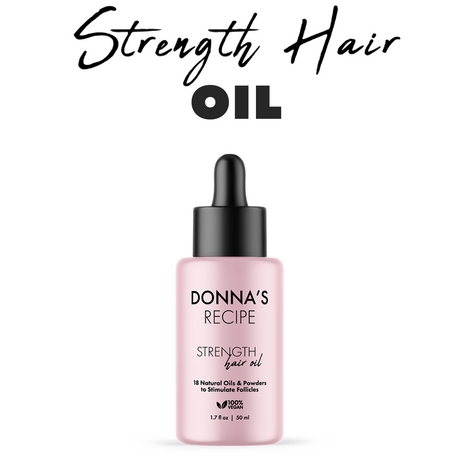
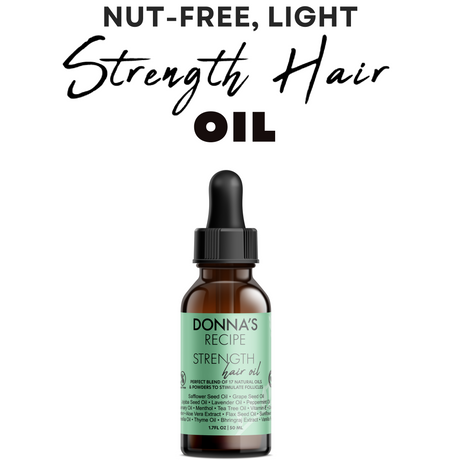
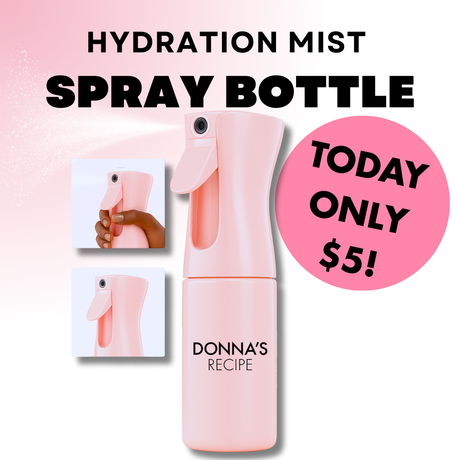
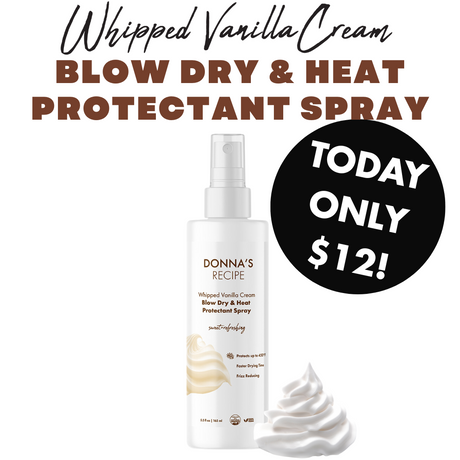
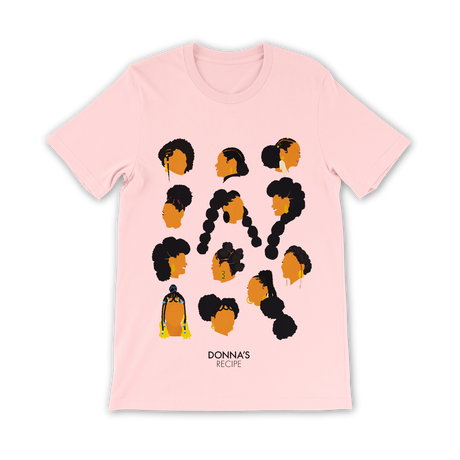





Customer reviews
This is very helpful! Thank you. I came to the blog to search for this very topic on behalf of my niece who is experiencing some kind of rash at the base of her head. I will show her this blog to confirm what I encouraged her to do. Sometimes teens need someone other than parent or auntie to listen 😆